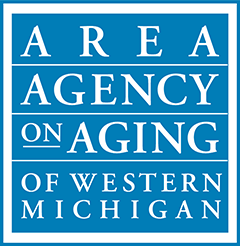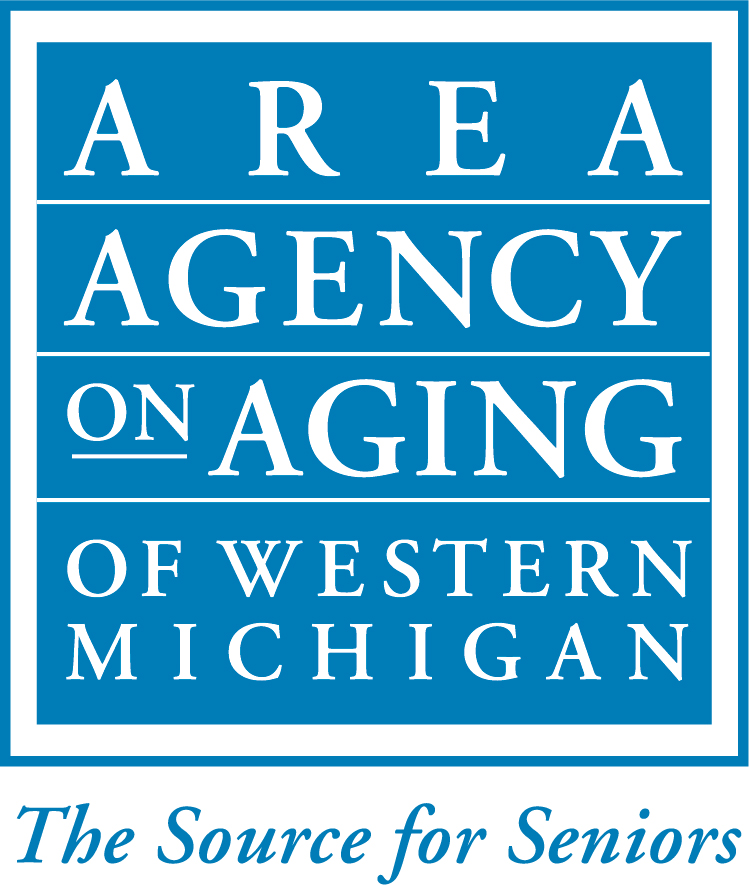Articles
Developing an Aging Plan

Planning for any future endeavor can be overwhelming; a big trip, a long-distance move, making a large purchase or upgrade. Developing an aging plan isn’t any different, it can be difficult to navigate. As with anything, starting to research an aging plan is often the first step. So why do you need an aging plan? It is important to recognize that you may not age exactly how you wish, but having this plan in place before barriers arise, allows you to have peace of mind that your wishes are carried out how you want.
Where to Start: The Area Agency on Aging of Western Michigan (AAAWM) is a great place to get started on your aging plan. Area Agencies on Aging are a nationwide network of nonprofit agencies created by Congress in 1974 to be one-stop shops with information about programs and services to maximize the independence and dignity of older adults. At AAAWM, we serve a nine-county region that includes Allegan, Ionia, Kent, Lake, Mason, Mecosta, Montcalm, Newaygo, and Osceola counties, and we partner with local agencies, organizations, and Commissions on Aging to provide vital support to seniors and their caregivers.
Everyone ages differently, and no two situations are identical. The resources that could work to support one family may not be the best choice for another. When you call our Information and Assistance team at (616) 456-5664, they listen to your unique situation and can help you get started. Whether you have current care needs or are planning ahead, we can help connect you to resources that focus on the goal of maintaining independence. The Eldercare Locator tool (www.eldercare.acl.gov) from the U.S. Administration on Aging can also be a helpful online resource for those not in our region or if you are caring for a loved one out of state.
What to Consider: In thinking ahead to your aging plan and having these proactive conversations, you should first consider what you may need help with as you get older. As you share your hopes for aging at home with your family, there could be some support they can provide for you and other things they may not. The good news is that there are many services available in the nine-county region to help fill these gaps.
Here are just a few of the many resources and some questions to consider:
Safety: Is your home safe for you to navigate? What if you were to lose mobility? Some home modifications can be simple, such as adding a handrail, others can be more involved like building an entrance ramp. Programs in the region exist to help older adults make these updates or required repairs and oftentimes will conduct a home assessment to help determine if the home is safe for independence and what steps to take. In some cases, agencies are able to provide adaptive equipment such as walkers and other mobility aids.
Home Support: Can you take care of yourself? Are there some tasks you require support with? Services are available to provide help with routine daily tasks like laundry, shopping, and light housekeeping. If your needs are greater, specific programs like the AAAWM’s Care Management or MI Choice Medicaid Waiver are in place for those who require a higher level of care.
Transportation: If you lose your ability to drive yourself, what are some of your options? Assisted transportation is available to provide older adults with pre-scheduled rides to doctor’s appointments, senior centers, meal programs, and more. Discounted public transportation vouchers are also available.
Meals: Are you able to prepare your own meals? Are you eating nutritious foods? For seniors who are able to still shop for their own food, a wide variety of nutrition services exist from food pantries to the Community Food Club. For the social older adult, congregate meals are a great option to have regular meals with others. Homebound seniors can still have the freedom to choose their own meal options and prepare their own meals through home-delivered meals programs.
Health: Are you staying connected socially to peers and your community? Are you prioritizing your physical and social health as you age? Senior centers offer a wide variety of activities to help you stay engaged in your community including specialized programs and activities from woodworking to crafting and bingo. Evidence-based healthy aging classes are designed specifically for older adults to improve their balance and strength to avoid future falls.
Caregiver Support: If you care for an aging loved one, you likely require support from time to time. Services such as adult day, respite, and caregiver education programs are in place to walk with you on the caregiver journey and relieve some of this burden.
In many cases, you can choose the best options for you and what your needs are. It is important to note that in the case of some of these programs, based on age, financial, and medical criteria, some co-pays, or cost-sharing could be required. Call the Area Agency on Aging of Western Michigan at (616) 456-5664 to begin the conversation on how to get connected to the resource options in your community and develop your aging plan!
Tagged:


